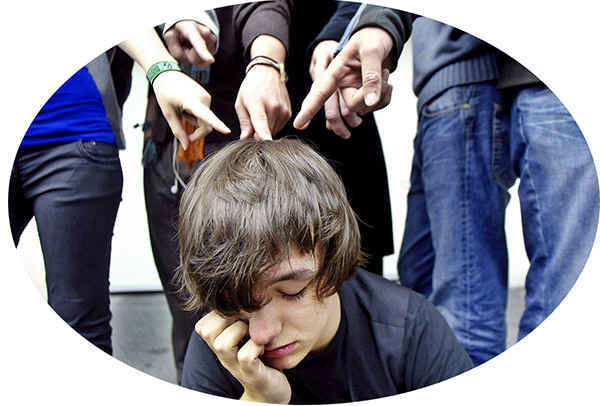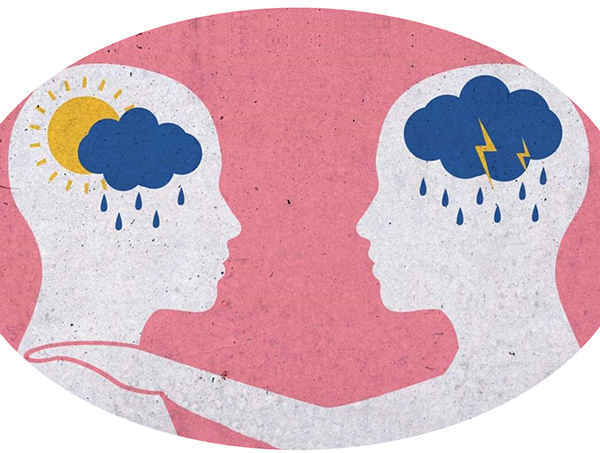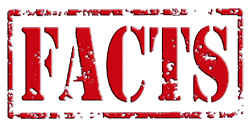Why do people make fun of others?
Understanding the reasons behind why people make fun of others can help us address this behavior more effectively.
Here are several key reasons and examples:
Insecurity
People often make fun of others to mask their own insecurities. By putting someone else down, they may temporarily boost their self-esteem and divert attention away from their own perceived flaws.

Example: A teenager who feels inadequate about their appearance might make fun of a classmate’s clothes to distract from their own insecurities.
Peer Pressure
Social groups can exert pressure to conform to certain behaviors, including making fun of others. This behavior can help individuals feel accepted and part of the group.
Example: A group of friends might tease a classmate because everyone else is doing it, even if they don’t personally feel the need to tease.
Lack of Empathy
Some individuals lack empathy and do not understand or care about the impact their words have on others. They may find humor in the discomfort or distress of others.
Example: Someone might laugh at a colleague’s mistake during a presentation without considering how embarrassing it might be for them.
Seeking Attention
Making fun of others can be a way for someone to gain attention from their peers or audience. This behavior can make them feel noticed and significant.
Example: A comedian might make fun of a celebrity during a performance to get laughs and keep the audience engaged.
Cultural and Societal Influences
Certain cultures or societies may implicitly encourage making fun of others as a form of humor or social interaction. This behavior can become normalized over time.
Example: In some comedy shows, characters frequently make fun of each other, which can influence viewers to mimic this behavior in real life.
Misunderstanding Humor
What one person finds funny might be hurtful to another. Jokes or teasing can be intended as playful but may be received negatively.
Example: A friend might joke about another’s habits, thinking it’s lighthearted, but the other person might take it personally and feel hurt.
Power Dynamics
Individuals in positions of power might make fun of others to assert their dominance or control. This can be a way to reinforce their authority or superiority.
Example: A boss might make sarcastic remarks about an employee’s work to reinforce their position as the authority figure.
Jealousy and Envy
Sometimes people make fun of others out of jealousy or envy. Seeing someone else succeed or possess qualities they lack can trigger teasing as a way to undermine them.
Example: A colleague might make fun of another’s achievements to downplay their success and make themselves feel better.
Defense Mechanism
People might use humor as a defense mechanism to cope with their own stress or discomfort. Making fun of others can be a way to redirect their own anxieties.
Example: Someone feeling anxious in a social situation might make jokes at others’ expense to deflect attention from their own nervousness.
What to Do About It

- Develop Empathy
Encouraging empathy can help individuals understand the impact of their words on others. Education and awareness programs can be effective in fostering empathy.
Action: Participate in workshops or read literature on emotional intelligence to better understand and relate to others’ feelings.
- Promote Positive Communication
Creating environments that promote positive and respectful communication can reduce the tendency to make fun of others.
Action: Establish clear guidelines for respectful behavior in schools, workplaces, and social groups.
- Stand Up Against Bullying
Encouraging bystanders to speak up when they see someone being made fun of can help reduce the occurrence of this behavior.
Action: Implement anti-bullying campaigns and provide support for those who stand up against teasing and bullying.
- Seek Help When Needed
For those who feel compelled to make fun of others due to underlying issues – example: insecurity, seeking professional help can be beneficial.
Action: Consider therapy or counseling to address and resolve personal insecurities and learn healthier ways of interacting.
- Encourage Self-Reflection
Helping individuals reflect on their own behavior and its impact on others can lead to more mindful interactions.
Action: Practice self-reflection exercises or journaling to become more aware of how your actions affect others.
Interesting Facts

Psychological Impact
Being ridiculed can lead to lasting psychological consequences, example: diminished self-esteem and heightened anxiety. Victims of teasing and bullying often carry the emotional scars into adulthood.
Cultural Variations
What is considered teasing or making fun of in one culture might be seen as normal banter in another, highlighting the importance of cultural context. In some cultures, teasing is a common way of showing affection and building bonds.
Digital Age
Cyberbullying has made it easier for people to make fun of others anonymously, increasing the reach and impact of hurtful behavior. Online platforms provide a veil of anonymity that can embolden individuals to say things they wouldn’t in person.
Evolutionary Perspective
Some researchers believe that teasing and making fun of others have evolutionary roots as a way to establish social hierarchies and bonding within groups. This behavior can help define social norms and group cohesion.
Celebrity Influence
Public figures and celebrities can influence social norms around teasing and making fun of others, both positively and negatively. Their behavior can set examples that are emulated by fans and the general public.
News and Recent Developments

Social Media’s Role
Recent studies highlight the role of social media in amplifying teasing and bullying. Platforms like Twitter and Instagram can spread hurtful comments quickly, often leading to public shaming and significant emotional distress for the victims.
Anti-Bullying Legislation
There have been significant strides in anti-bullying legislation worldwide. Many countries are introducing laws that address bullying in schools and workplaces, aiming to create safer environments for everyone.
Celebrity Advocacy
Several celebrities have taken a stand against bullying and teasing. Public figures like Lady Gaga and Prince William have launched campaigns to raise awareness about the harmful effects of bullying and promote kindness and empathy.
School Programs
Educational institutions are increasingly adopting comprehensive anti-bullying programs that include peer mediation, counseling, and workshops to foster a more inclusive and respectful school culture.
Understanding why people make fun of others and implementing strategies to address this behavior can lead to more respectful and empathetic interactions in various social settings. By fostering empathy, promoting positive communication, and standing up against bullying, we can create environments where everyone feels valued and respected.












